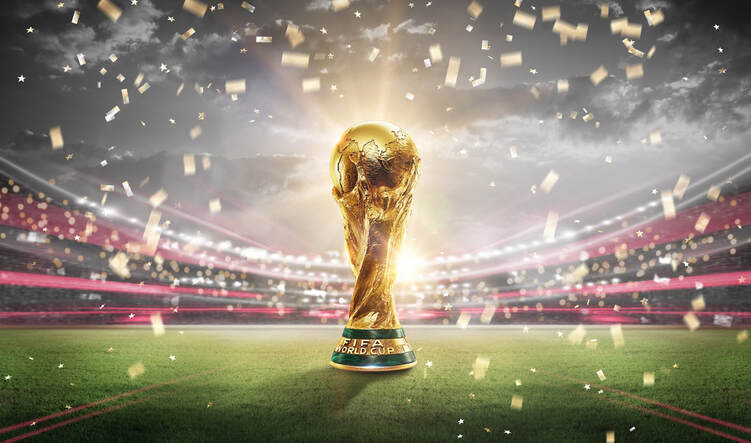Copyright © 2023 The Zambakari Advisory - Privacy Policy
Our site uses cookies to improve your experience. You can control cookies by adjusting your browser or device settings.
If you continue without changing your settings, we assume that you are happy to receive all cookies.
If not, please feel free to opt out here.
SEO by Qasim Khilji
Our site uses cookies to improve your experience. You can control cookies by adjusting your browser or device settings.
If you continue without changing your settings, we assume that you are happy to receive all cookies.
If not, please feel free to opt out here.
SEO by Qasim Khilji

